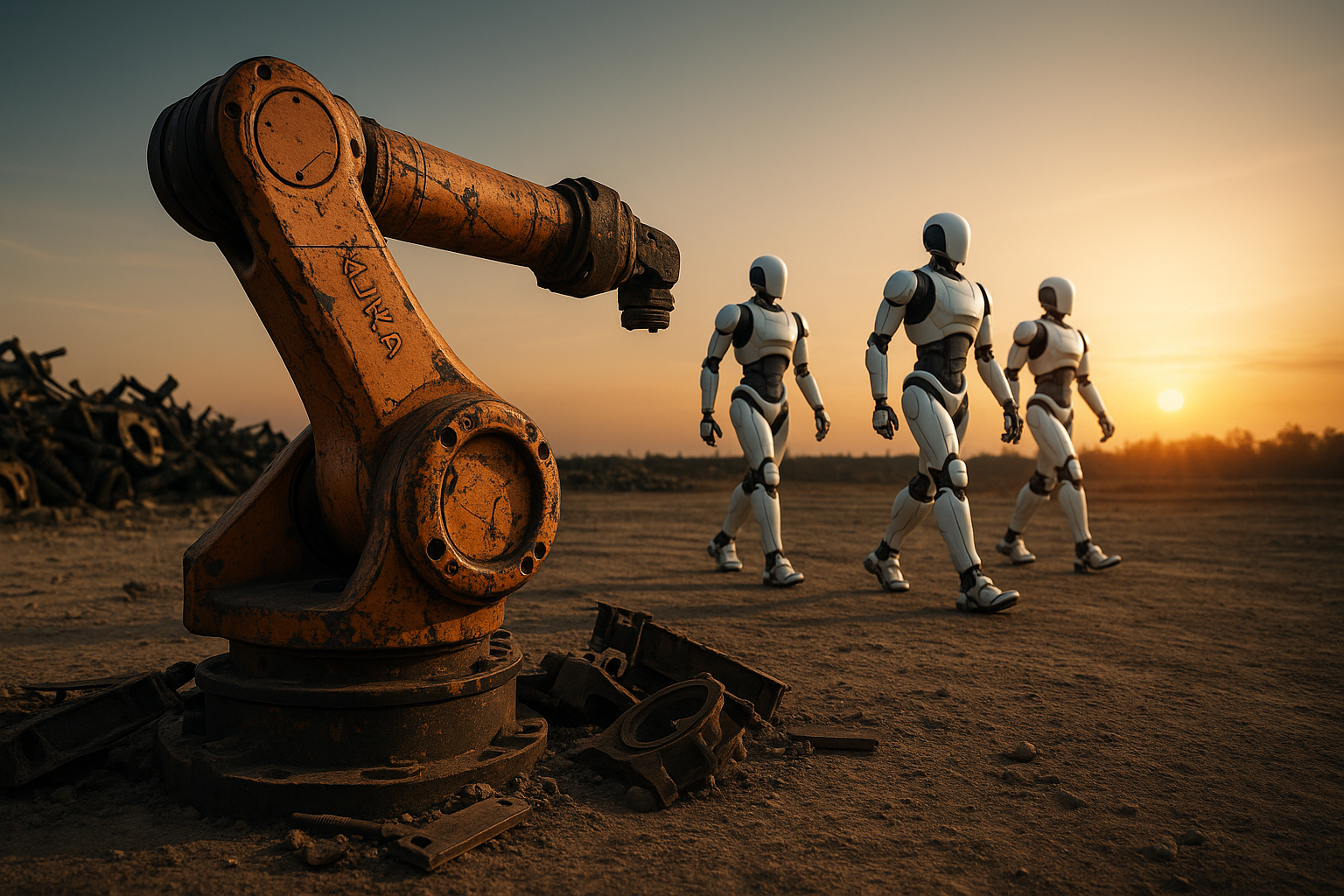For centuries, the development of our civilization has been characterized by ever-increasing energy consumption per inhabitant. To “live”, an adult human requires an energy turnover of approx. 1.3 to 2.2 kilowatt hours per day (kWh/day) which is obtained from food. While as hunter-gatherers we still managed with 4 to 7 times our own human energy consumption, in the agricultural times of the Middle Ages we already consumed 18 to 24 times our own basic energy consumption. During the industrial revolution, this figure rose to around 80 times our own daily energy consumption.
Today, an individual’s energy consumption varies greatly from region to region. In India, this value is 12 kWh/day, in China 33.6 kWh/day, for an average European it is around 127 kWh/day and for an American over 250 kWh/day.
The primary energy used determines the prevailing chemistry
In the 19th century, we satisfied this growing hunger for energy primarily with coal. A whole accompanying world of chemistry then developed from this, which shaped everyday product life. It was not until the Second World War that reduced trade and other patterns of demand led to a shift towards an oil-powered society. Increasing mobility drove up the demand for energy enormously and, from the 1950s onwards, a petroleum-driven economy (petrochemicals) with plastics, fertilizers and building materials (tar) developed at record speed in just two decades.
Do we want to go against economic technological progress?
This age of petroleum has emerged without state control as part of technological progress. At 12 kWh/kg, the energy density of petrol is even higher than that of hard coal (8 kWh/kg).
For comparison: today’s electric car batteries can store just 0.15 kWh/kg, i.e. they have an energy density that is 100 times lower than gasoline.
Crude oil is cheaper to extract than coal, easier to transport, easier to store and has many new applications in chemistry. Our petrochemical era, which continues to this day, was therefore economically logical. At the same time, we have built a fragile geopolitic on this, in which we are used to the USA destabilizing states, waging wars, and thus securing supply chains for the foundations of our energy and commodity needs.
An oil-driven world (petrochemicals and energy) is sustainable madness, but for us Westerners it is one thing above all: convenient.
Do we really want a system change to a world with electrical energy?
A system change to an electric era is not economically and technically logical. Today, at the beginning of such a potential cycle, battery-powered cars are primarily disadvantageous for manufacturers and consumers. Who wants a car with less range? And what car manufacturer board member wants to transform an entire industry and risk their own career?
After all, we can now produce electrical energy from wind and sun at very similar prices to energy from coal or nuclear power plants. The production costs of wind and solar power are absolutely competitive, but not more than 10 times cheaper than the old technologies. Things look better with a full-cost calculation and consideration of external costs, but this is not how we have made progress in the last thousand years. Progress has also had to pay off. Otherwise it would not have happened.
An electric car with a battery weighing approx. 1 ton can absorb the energy of approx. 10 liters of diesel (100kwh). With the equivalent of 10 liters of diesel, a battery-powered vehicle can travel just over 400 km. The energy efficiency is therefore much better than that of a gasoline-powered car. Nevertheless, we find a thousand reasons against electric vehicles.
And that is precisely our dilemma: switching to a carbon-free economy is not economically logical, we have to want it. If we want the electric era, we have to get past a thousand illogical breaking points: How much C02 does battery production cost? Can we afford to do without nuclear power plants now? Where do we need electrical energy from hydrogen?
If we want to replace the oil era with an electric era
Of course, there are numerous arguments for and against a switch to electrical energy, only a few of which are mentioned here:
- Yes, we can produce steel with electricity; it will cost us large investments to convert production facilities.
- Yes, we could already convert some of the chemical processes in our economy to hydrogen-based processes.
- No, we do not yet have a complete master plan for converting the chemical industry and energy supply to a hydrogen-powered electric world.
- No, we will not be able to avoid misallocations.
- No, we have not yet satisfactorily solved the storage problem for solar and wind-generated electrical energy.
But if we don’t all move in the same direction and want this system change to an electric era, then we will get tangled up in contradictions and lose our way. Because this system change would be unique, revolutionary and new for mankind, because it would not be economically logical from a technical point of view but would be done for rational reasons to preserve our planet.
New ideas are needed
We need to question more than the simple replacement of an energy source might initially suggest.
Can a system change succeed with a centrally conceived electrical energy network, or do we need a new, decentralized energy network designed for local self-sufficiency like the Internet? The military’s idea when designing the Internet was to build a highly robust communications network without central control points. The result 40 years later is an open communication network with very low marginal costs for each individual.
Today, we think of power lines in Germany from north to south. What good would it do us to think that the sun is always shining somewhere? If we connect generator cells with an east-west orientation globally, we benefit from the fact that the sun is always shining somewhere.
We didn’t plan our world today, it has evolved – In many small steps by billions of people. If we get caught up in forecasts in which scientists, depending on their clients, show us what won’t work and nor function, then we won’t manage to usher in a new era based on hydrogen and electrical energy. If we come up with a big rigid plan, we will probably end up like communism in a planned economy.
The real challenge we humans have to face is to take a few steps against the economic-technological driven progress. To change a few images in our heads more quickly and dare to change.
But perhaps all we need is a supporting story, a narrative, a vision: Instead of steps on the moon, we should set ourselves the goal of a new electric era with hydrogen-powered energy.



